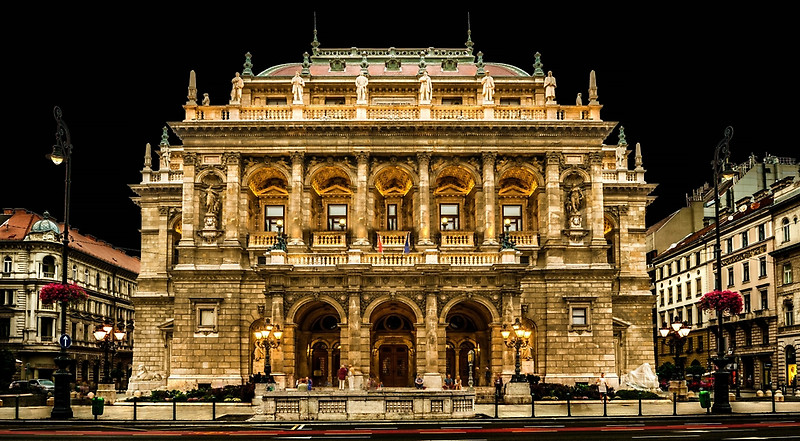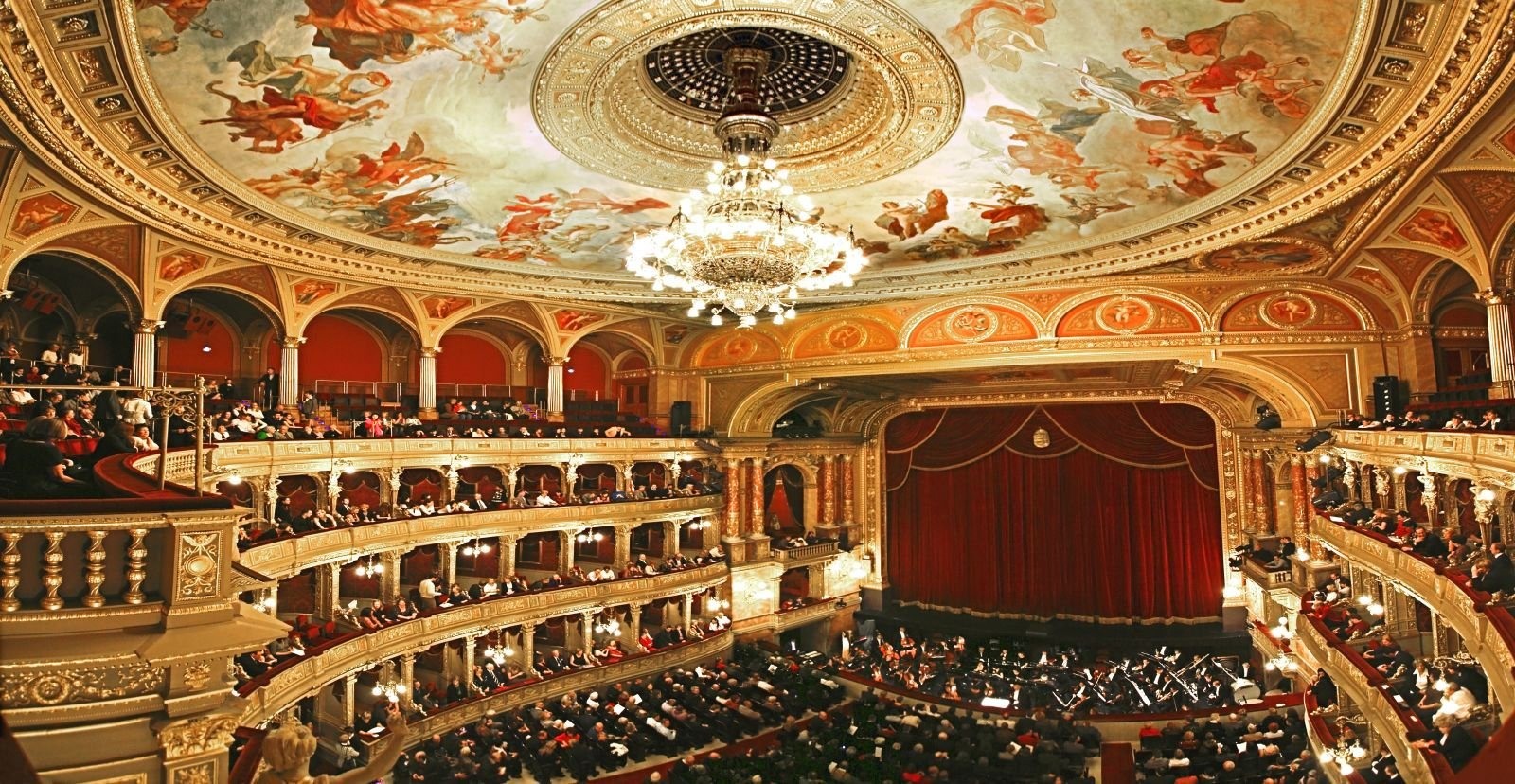The MozART Group, a genius string quartet combining humor with outstanding music will go to Hungary once again. The not-to-be-missed modern symphonic music performance will take place on January 4 and 5 at the Budapest Congress Center. You can check out the classical music concerts events schedule right here.

Hardcore and metalcore are most common in Budapest and Western Hungary, in the areas like Győr, Csorna, Szombathely and Veszprém, however Eastern Hungary and Debrecen is entering an increasingly more important place in the hardcore scene. Notable bands were Dawncore and Newborn of the late ’90-s gaining likewise some global success. Members of these bands went on to form Bridge to Solace and The Idoru.

Clubbing and electronic dance music started acquiring popularity in Hungary following the change of regime in 1989. The political liberty and cultural boom of western culture broke the ice for the clubbing scene, with a number of venues starting all around the nation, especially in Budapest and around Lake Balaton.
MozART Group, the „ music cabaret” has a strong fan base in Hungary. The ensemble, frequently described as the „ Monty Python of traditional music”, has actually been performing programs given that 1995. The sparklingly funny group has actually already conquered half the world with their programs: they performed 150 concerts in 24 nations within half a year with roaring success. They are constant invitees to TV programs and they made high status awards. The grand masters of spectacular critical stand-up comedy can be seen once again in Budapest. The zeneszalon.hu definitely will give attention to this modern day classical music event, filled with laughter and genius masterpiece planned.
The 1980s saw the Record Production Company separated due to the fact that Hungary’s authorities realized that limiting rock was ineffective in lowering its result; they rather attempted to water it down by motivating young musicians to sing about the principles of Communism and obedience. The early part of the decade saw the show up of punk and New Wave music in full force, and the authorities rapidly integrated those styles as well.
Naturally, events and inventions of the 20th century contributed much to the institutional background set in the 19th century. One of the novelties was the start-up of the Hungarian Radio, which has actually been transmitting music programs because its inauguration (December 1 1925) hence, supplying opportunities for skilled youngsters as well as for reputable artists to carry out.
